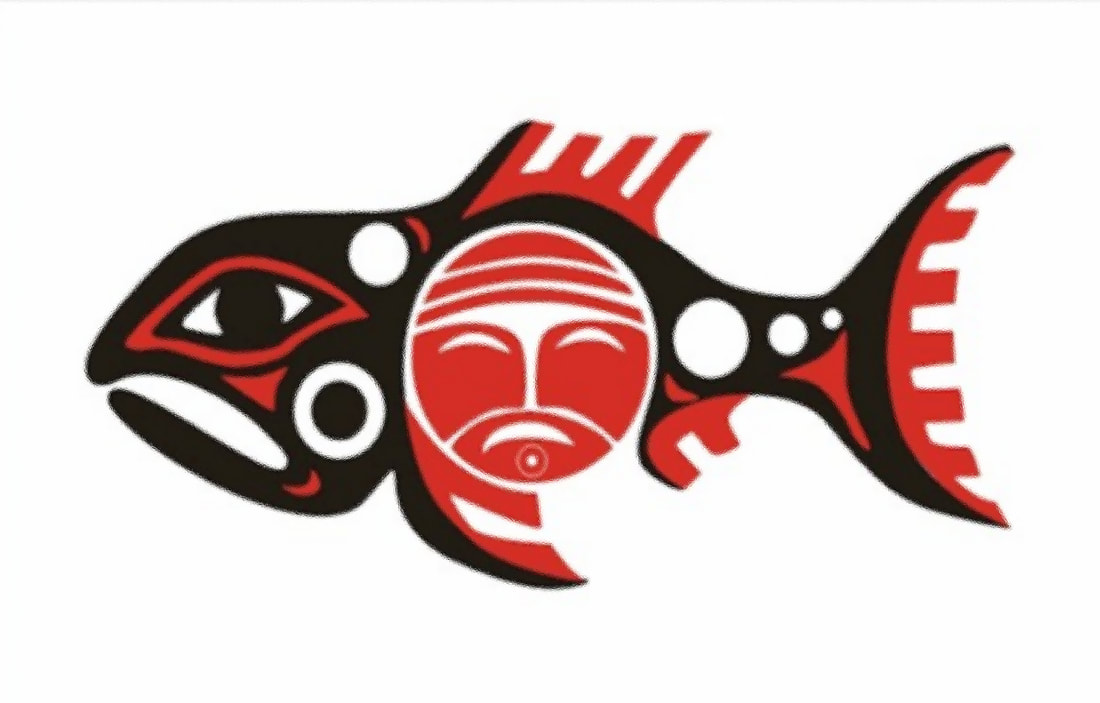|
In a decision the Chinook Indian Nation on Thursday called groundbreaking for other Indigenous communities, the federal government determined that the tribe will receive more than $48,000 from an Indian Claims Commission judgment handed down half a century ago as compensation for the seizure of the tribe's ancestral lands.
The judgment also ends years of litigation against the U.S. Department of the Interior after U.S. District Judge Marsha J. Pechman in January 2021 ordered the federal agency to review the tribe's remaining claims, which sought federal recognition as well as access to the funds. "This victory confirms our legal heirship to the settlement funds from our 1970 victory before the Indian Court of Claims. It sets the stage for the immediate dispersal of those funds to the Chinook Indian Nation," said tribal Chairman Anthony Johnson in a Thursday press conference. "It reaffirms the nation as rightful heirs and sole political successors of the Lower Chinook and Clatsop people here at the mouth of the Columbia River." The Chinook Nation first sued the DOI in August 2017, claiming the tribe was entitled to federal recognition because its peoples' sovereignty had been recognized for more than a century in dealings with the federal government. Alternatively, the tribe sought a finding that agency regulations preventing tribes from repetitioning were invalid. The Indian Claims Commission decision to disburse the funds is 150 years in the making, according to Chinook Indian Nation Secretary and Treasurer Rachel Cushman, with the tribe hiring its first attorney in the 1890s to seek damages for land taken by the federal government. Members of the Chinook Nation were acknowledged as the legitimate heirs to the Lower Chinook and Clatsop people in 1958 by the Indian Claims Commission, she said. Following decades of legal battles, in 1970, in an order known as Docket 234, the commission awarded the Chinook Nation $48,692 for compensation for lands stripped from the Lower Band of Chinook and Clatsop Indians by the federal government in August 1851. Those funds were placed into a trust account for the tribe in 1972, but an agreement was never reached regarding their use and distribution despite the federal government's obligation to do so, according to Cushman. By 2011, the Bureau of Indian Affairs stopped issuing quarterly statements from the fund to the tribe, citing its lack of federal recognition, which forced the Chinook Nation to sue in 2017 for the judgment. Cushman said the process of getting the final judgment wasn't easy; however, through "some important champions" locally and within the BIA, the nation was able to propose a use and distribution plan that has also been accepted by the BIA's Northwest Regional Office, the DOI, Interior Secretary Deb Haaland and Congress. The $48,692, she said, doesn't represent the actual value of the nation's ancestral lands, but for now, it will remain untouched in its accounts with other investments that have been rolled into it. The judgment award also reinforces the Chinook Indian Nation's right to acquire the now-defunct Naselle Youth Camp, located on its ancestral lands, Johnson said. By transferring ownership of the facility to the tribe, the state of Washington "will begin to make reparations for nearly two centuries of harm to Indigenous communities," according to the tribe. Johnson said the judgment also supports the tribe's ongoing fight for "unambiguous recognition" of the community's existence and rightful title to the lands where they continue to live. "There's a vacuum at the mouth of the Columbia River that will exist until we are properly seated as the federally recognized tribe here," the chairman said. The federal government recognized the tribe in 2001 after a 21-year process with the BIA. However, 18 months later, that title was revoked after President George W. Bush's administration took office and a new review process was instated. "Politics got in the way and all the preliminary, positive determinations and our final determination, and anyone who hadn't made it through that review process had their recognition or their preliminary recognition taken from them," Cushman said. Since that recognition was rescinded, the nation has experienced "one after another of really horrific moments in our community that would have been mitigated with federal acknowledgment," Johnson said, adding that it continues to face ongoing threats from rising sea levels and climate change. However, the nation continues to push local federal government leaders, the BIA and others for federal recognition. During the 2022 midterm cycle, now-Rep. Marie Gluesenkamp Perez pledged to introduce and champion legislation to restore the Chinook Indian Nation's status as a federally recognized tribe, according to Johnson. "By passing a Chinook Restoration bill, elected officials will have an opportunity to end cultural erasure, support Indigenous rights and recommit to a legacy of defending Native communities," he said. The Chinook Indian Nation is represented by James S. Coon of Thomas Coon Newton & Frost. The federal government is represented by Brian C. Kipnis of the U.S. Attorney's Office for the Western District of Washington. The case is Chinook Indian Nation et al. v. Zinke et al., case number 3:17-cv-05668, in the U.S. District Court for the Western District of Washington.
0 Comments
Leave a Reply. |
HISTORY
April 2024
Categories |
© Walk 4 Change. All rights reserved.


 RSS Feed
RSS Feed